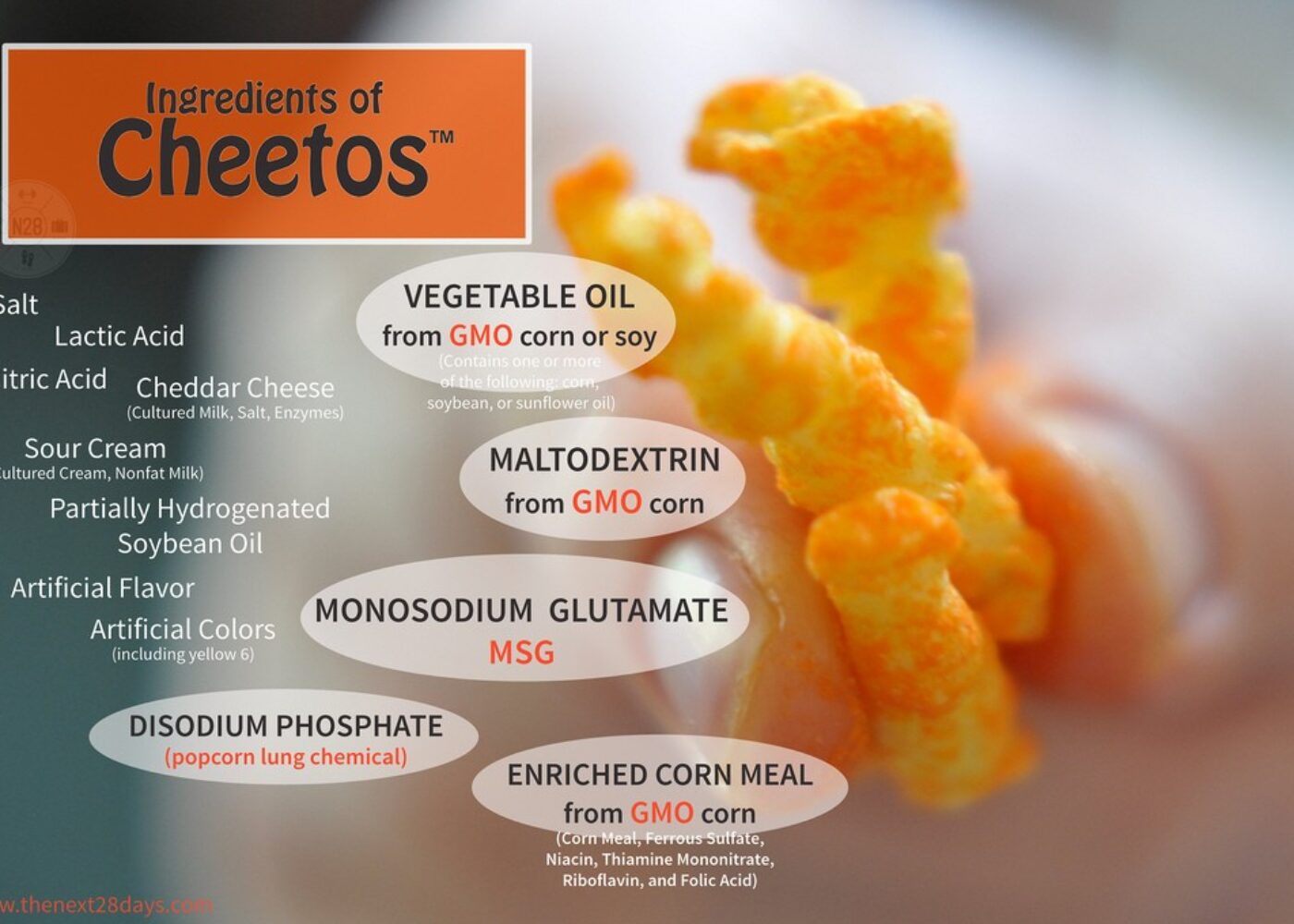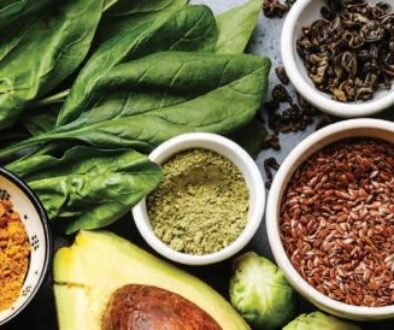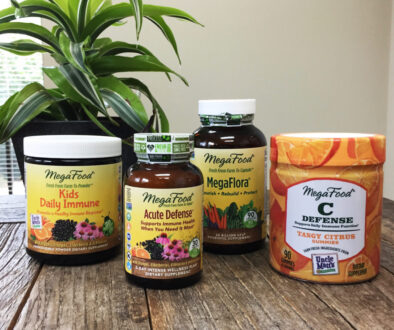Eight “Ingredients” You Won’t Find Hidden in Organic Food

Before speaking out about the current problems with our food system, I was working as a financial analyst that covered the food industry. My day to day consisted of meeting with management teams, taking factory and store tours and cranking out reports on companies like Kroger, Safeway, Costco and Whole Foods. I wasn’t a foodie, and I couldn’t cook.
My job included crunching the numbers, learning business models and evaluating the costs of production and distribution of our food supply.
Thank goodness.
Because today, that experience has served a greater purpose: the ability to look at the current state of our food system, the financial engineering of the science behind it and the economically motivated decisions that food industry executives make to meet their fiduciary duty to drive shareholder return and sheds light on how these decision are affecting the health of our families.
And it’s becoming increasingly obvious that we’ve got a broken economic model at work in our food system. Taxpayer resources called subsidies are used to support growing crops in a chemically-intensive, genetically and financially engineered kind of way. It drives shareholder return for the companies that have developed these genetically engineered crops and the weedkillers, herbicides and insecticides used to treat them. While on the other hand, farmers that are growing crops organically, which means by law without the use of synthetic pesticides and genetically engineered seeds designed to require increasing doses of toxic weed killer, have to pay fees to prove that their crops are safe, then fees to label those crops with the “USDA Organic” seal and then they don’t receive the same crop insurance and marketing assistance programs that the other farmers do.
Add to that the fact that American companies formulate their products differently for eaters over seas, without the use of artificial colors, genetically engineered ingredients, high fructose corn syrup.
In the United States, we now have to use the adjective “organic” to label food that does not contain these artificial ingredients. Overseas, that food doesn’t need the adjective “organic.” Instead, the foods that are labeled are the genetically engineered ones, so that consumers can make an informed choice.
So what’s a consumer to do? Learn the Big 8. These are the ingredients which, by law and according to the United States Department of Agriculture, are not allowed into the production of foods that are made organically:
- High Fructose Corn Syrup
- Artificial Colors and Dyes, Red 40, Yellow 5
- Aspartame
- Preservatives
- Artificial Growth Hormones
- Genetically Modified Ingredients
- Exceeding Levels of Synthetic Pesticides
- Finely Textured Lean Beef Trimmings (“Pink slime”)
This can be tough to swallow. Our taxpayer dollars are hard at work growing a food system that is chemically-intensive, while farmers that are growing things without the use of these genetically engineered seeds and the portfolio of chemicals needed to grow them (things that even the President’s Cancer Panel has urged us to avoid) end up costing the consumer more to buy.
As consumers, we get hit twice: once, with our tax dollars subsidizing this chemically intensive agricultural system, and twice, by the price of organic food if we choose to opt out.
It’s a broken system we’ve inherited, but it doesn’t have to be that way going forward.
The health of our country is largely contingent on the health of our food supply, and while the biotech industry argues that a lot of these ingredients are perfectly safe (just as the tobacco industry claimed the same of their products to our grandmothers), U.S. food companies are removing them from their products in other countries (or not even introducing them in the first place). Chipotle has removed them from their products here.
This free-from food should be affordable to all Americans, not just those in certain zip codes or those who can afford organic.
Given that our American food companies make their products without artificial ingredients like GMOs overseas, isn’t it time that that they start doing the same thing here?
Our health is on the line, our economy, too. It’s time for American food companies to dump the junk: artificial dyes, artificial growth hormones and the other artificial ingredients now found in our food supply and to give Americans the same products that they they are serving overseas: products that are free-from these ingredients that have the potential to cause harm.
There is nothing more patriotic that they could be doing, and the time for them to do, for consumers and for shareholders, is now.






